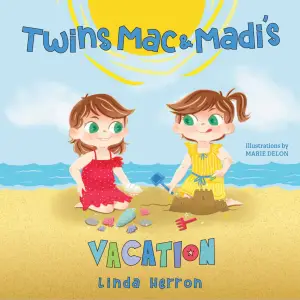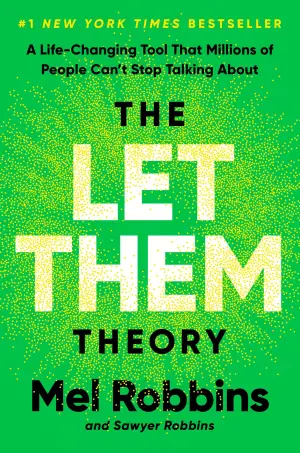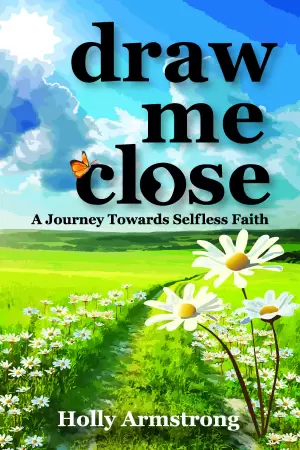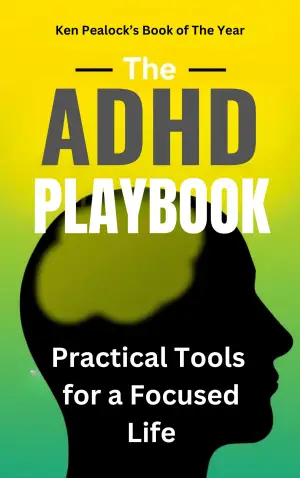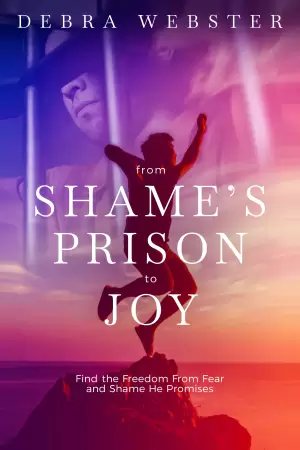Eliza and Her Monsters: A Deep Dive into a Complex World
When I first picked up Eliza and Her Monsters by Francesca Zappia, I was drawn in by its promise of a nuanced exploration of creativity, mental health, and the ever-evolving relationship we have with the digital world. As someone who loves contemporary fiction and the Internet, I thought, “How could I not enjoy a book that intertwines my passions?” But, much like Eliza’s turbulent journey, my experience with this novel turned out to be far more complicated than I anticipated.
At its core, Eliza and Her Monsters tells the story of Eliza, a high school student who is the creator of a wildly popular web comic. She grapples not only with the struggles of teenage life but also with anxiety that often leaves her feeling isolated from the real world. Zappia does a commendable job of portraying Eliza’s internal battles, bringing to light the ways in which mental illness can shape one’s existence and relationships. The illustrations of Eliza’s web comic peppered throughout the story also serve as a whimsical yet poignant representation of her thoughts and feelings, drawing readers deeper into her world.
Now, let’s talk about Eliza’s family dynamic—a topic that, for me, warranted a hefty sigh. The portrayal fell into the all-too-familiar trope of misunderstanding between parents and a creative teen. Initially, I found myself rooting for Eliza to break down these barriers, but I quickly became frustrated. Zappia’s narrative suggests that Eliza’s parents are more the problem than she is, which felt reductive. In a twist that left me exasperated, Eliza’s lack of communication led to a slew of misunderstandings that could have easily been resolved if she’d just spoken up.
The pacing of the book was another point of contention for me. While I appreciate the contemplative nature of ELiza’s internal dialogues, there were moments when I felt the story dragged. Despite my eagerness to engage with Eliza’s journey, several events felt drawn out and repetitive, leaving me yearning for a faster resolution.
A standout element was Eliza’s relationship with Wallace, her love interest. Their interactions ooze with tension and, at times, frustration. This made for a palpable experience as I saw them navigate secrets and emotions. Yet, even their connection had me rolling my eyes at the absurdity of some of their ridiculous misunderstandings, especially when humor mixed with angst, creating a rollercoaster of emotions.
Overall, what resonates deeply in Eliza and Her Monsters is its embrace of mental illness representation. While everything else seemed like a mashup of tropes I’ve grown tired of—particularly the opaque family dynamics—I couldn’t help but appreciate Zappia’s sincere attempt to portray mental struggles authentically. The moments where Eliza opened up about her anxiety hit close to home, reminding me how vital it is for these narratives to exist.
In conclusion, Eliza and Her Monsters may not have been the perfect fit for me, often frustrating in its execution of character dynamics and pacing, but it certainly holds a unique spot in the realm of contemporary YA. I think this book will speak volumes to readers who connect with the struggles of anxiety and the complexities of modern relationships—both online and off. If you fall into that category, you might just find solace and understanding within these pages. For me, the takeaway is both a reminder of my own experiences with creativity and a nudge to keep seeking narratives that truly resonate.
So, will I unfollow Eliza and her monsters? Not quite. Rather, I’ll keep them at arm’s length until I’m ready for another round in their chaotic world.




